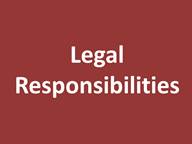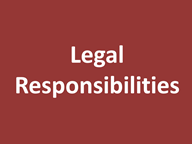What Does ‘Reasonably Practicable’ Mean In Australia’s Workplace Health & Safety Act? [& Free WHS Guide]
Many Australian business managers and HR professionals have struggled with the question of what is ‘reasonably practicable’ when it comes to the national model workplace health & safety obligations? 
The Workplace Health & Safety Act requires that everyone is given the highest level of health and safety protection from hazards arising from work, as far as ‘reasonably practicable.’
There are a number of factors to consider when deciding what ‘reasonably practicable’ actually means.
NEED SOME HELP WITH YOUR DUE DILIGENCE OBLIGATIONS?
Click here to get a free half-hour telephone consultation with a safety expert to analyse your due diligence obligations. You’ll be able to ask questions and leave with a customised due diligence action plan to use straight away to protect your business. Click Here To Get Your Free Due Diligence Action Plan.
Here’s what the Government has to say about what is ‘reasonably practicable’ when it comes to the employer’s workplace health & safety obligations:
- The likelihood of a hazard or risk occurring (in essence the probability of a person being exposed to harm).
- The degree of harm that might result if the hazard or risk occurred (in essence the potential seriousness of injury or harm).
- What the person concerned knows, or ought to reasonably know, about the hazard or risk and ways of eliminating or minimising it.
- The availability of suitable ways to eliminate or minimise the hazard or risk.
- The cost of eliminating or minimising the hazard or risk. Costs may only be considered after assessing the extent of the risk and the available ways of eliminating or minimising the risk. Ordinarily cost will not be the key factor in determining what it is reasonably practicable for a duty holder to do unless it can be shown to be ‘grossly disproportionate’ to the risk. If the risk is particularly severe a PCBU will need to demonstrate that costly safety measures are not reasonably practicable due to their expense and that other less costly measures could also effectively eliminate or minimise the risk.
Finally, if you are looking for more information on the national model workplace health & safety legislation, download the government guide here.
Remember To Get Your Free Due Diligence Action Plan
Click here to get a free half-hour telephone consultation with a safety expert to analyse your due diligence obligations. You’ll be able to ask questions and leave with a customised due diligence action plan to use straight away to protect your business. Click Here To Get Your Free Due Diligence Action Plan.
HRwisdom
